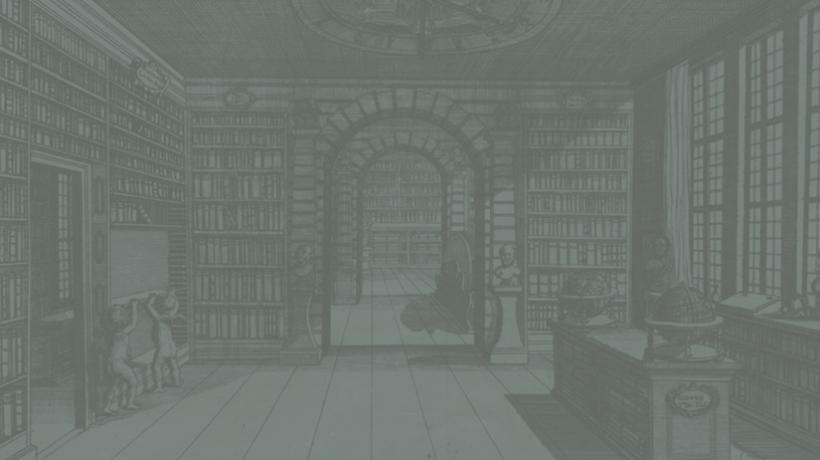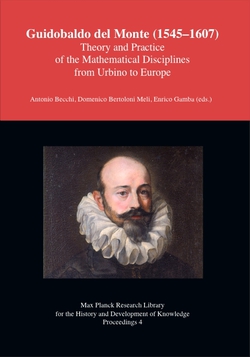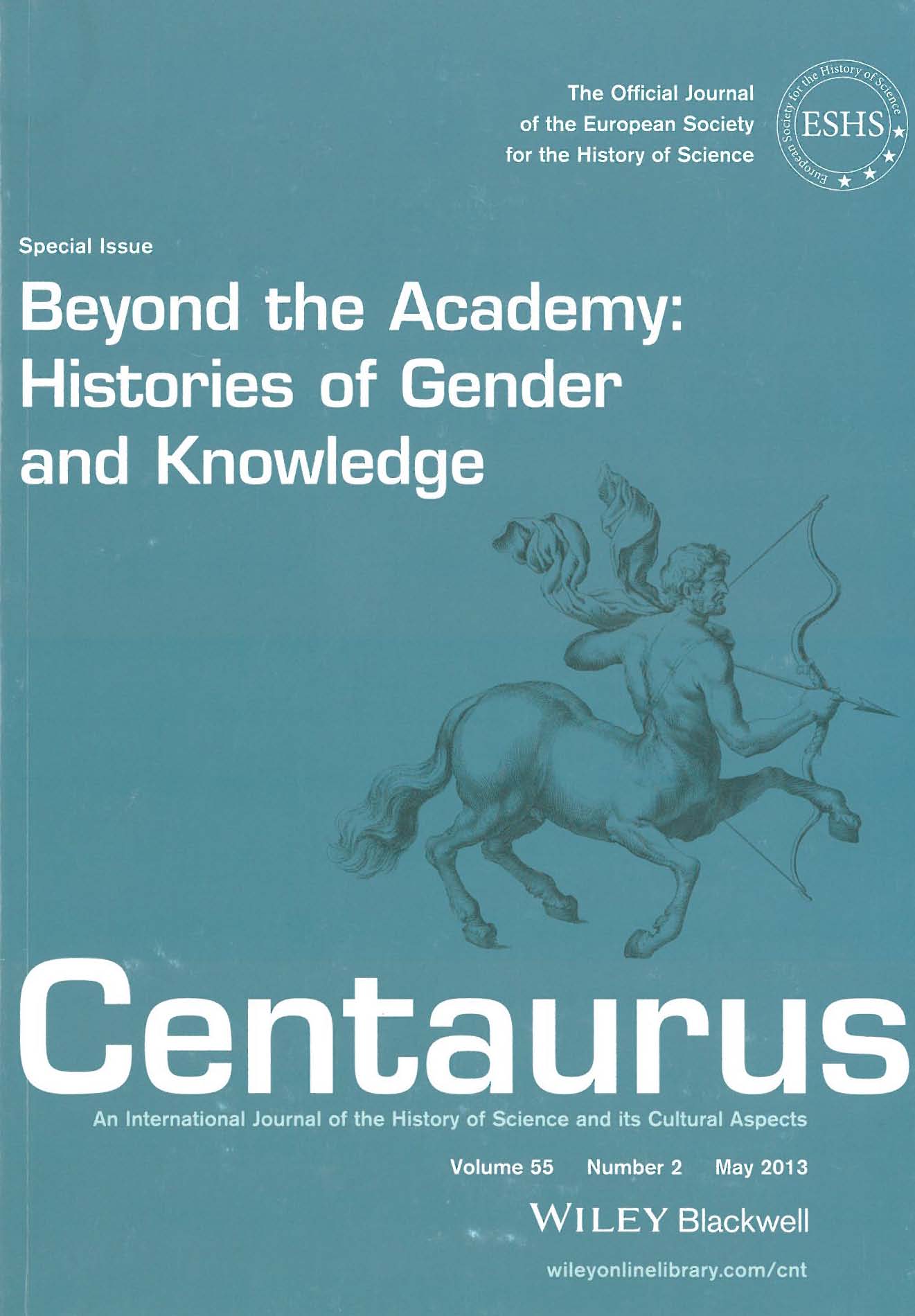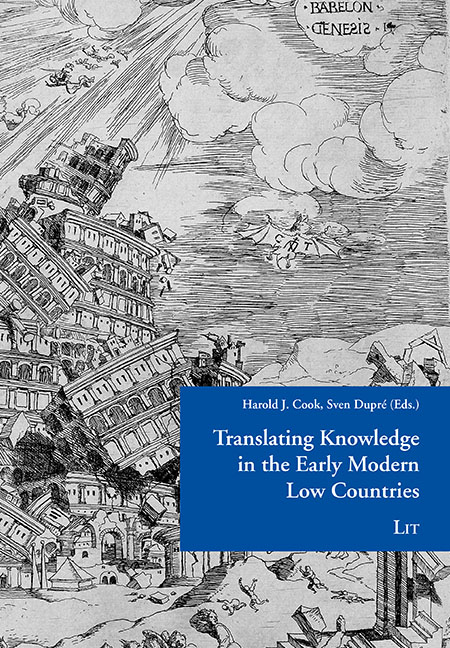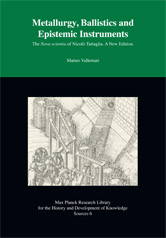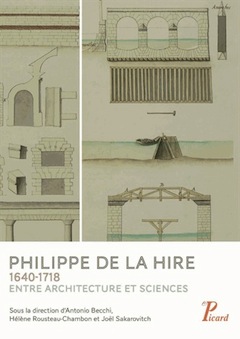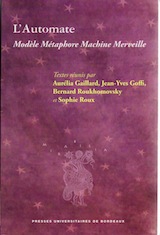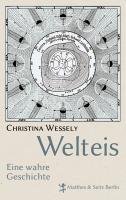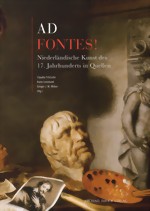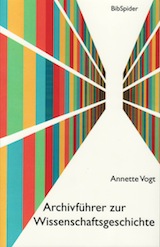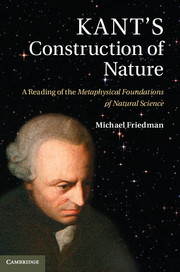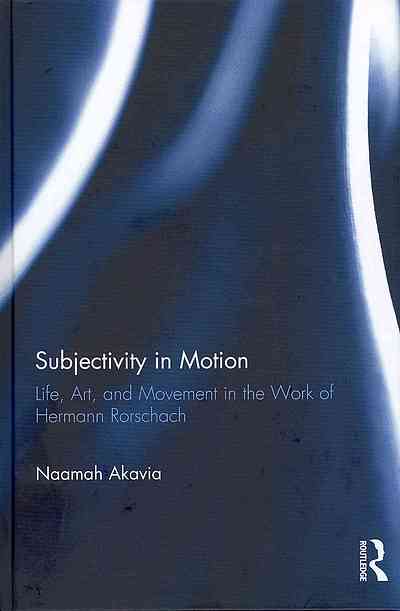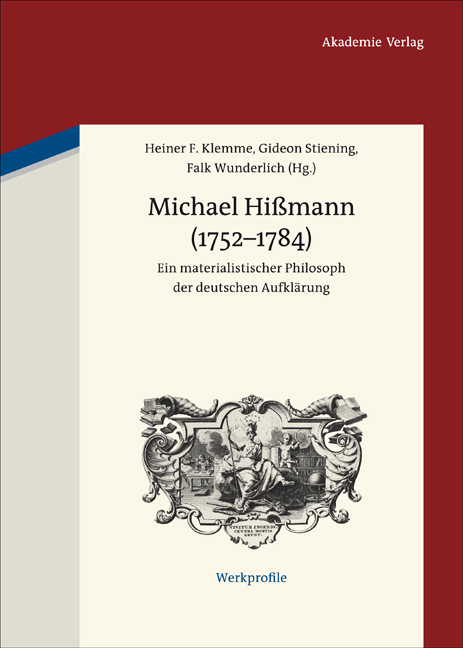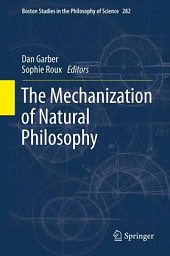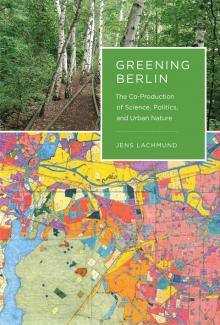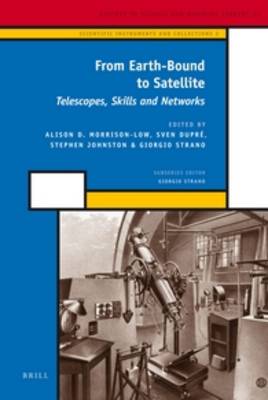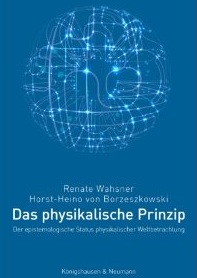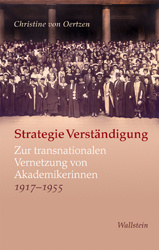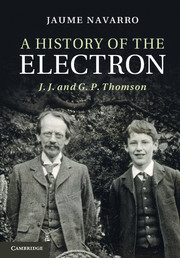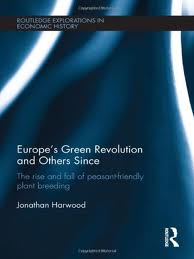Edited Book
Guidobaldo del Monte (1545–1607): Theory and Practice of the Mathematical Disciplines from Urbino to Europe
Guidobaldo Marquis dal Monte has long been identified as a key figure in the history of the mathematical disciplines in the Renaissance. The contributions brought together in this volume examine all the key aspects of the Marquis dal Monte’s activities, ranging from mechanics and the science of perspective to architecture and geometry.
MORE
Special Issue (Working Group Volume)
Beyond the Academy: Histories of Gender and Knowledge
These essays examine overlooked agents and sites of knowledge production beyond the academy and venues of industry- and government-sponsored research. By using gender as a category of analysis, they uncover scientific practices taking place in locations such as the kitchen, the nursery, and the storefront.
MORE
Edited Book
Translating Knowledge in the Early Modern Low Countries
Knowledge of nature may be common to all of humanity, yet it is written in many tongues. However, as the contributors to this volume show, translation is always a transformation. The book "Translating knowledge in the early modern Low Countries" examines how such transformations generate new knowledge and how translations helped to establish a new science.
MORE
Book
Metallurgy, Ballistics and Epistemic Instruments: the Nova Scientia of Nicolò Tartaglia – a New Edition
In 1537, Tartaglia, a mathematician from Brescia, published 'Nova scientia'. It was this work that led to the foundation of the modern science of ballistics. Tartaglia’s intention was to create a purely mathematical science based on axioms, which was fundamental to the entire subject of mechanics.
MORE
Edited Book
Philippe de la Hire: Entre Science et Architecture
Personnage fascinant et polymorphe, Philippe de La Hire a été cartographe du royaume à l'Académie royale des sciences, s'est intéressé à l'hydraulique, à la gnomonique, à la physiologie, à la botanique et à l'astronomie à l'Observatoire de Paris où il fut nommé.
MORE
Book
The Transatlantic World of Higher Education: Americans at German Universities, 1776–1914
Between the 1760s and 1914, thousands of young Americans crossed the Atlantic to enroll in German-speaking universities, but what was it like to be an American in, for instance, Halle, Heidelberg, Göttingen, or Leipzig?
MORE
Edited Book
L’automate: Modèle, Métaphore, Machine, Merveille
-
Gaillard, AuréliaGoffi, Jean-YvesRoukhomovsky, BernhardRoux, Sophie
Si la figure de Vaucanson, à quelques exceptions près, n'est pas directement l'objet des analyses ici rassemblées, elle n’en inspire pas moins le propos général de l’ouvrage.
MORE
Book
Welteis: eine wahre Geschichte
Spätestens als 1969 die ersten Menschen den Mond betraten, konnte es keinen Zweifel mehr geben: Der Trabant bestand nicht aus Eis, wie der österreichische Maschineningenieur Hanns Hörbiger behauptet hatte. Erstmals wird die schillernde Geschichte dieser kosmologischen Theorie erzählt.
MORE
Edited Book
Ad fontes ! Niederländische Kunst des 17. Jahrhunderts in Quellen
-
Fritzsche, ClaudiaKarin LeonhardWeber, Gregor J. M.
Traktate, Notizen und Quellen, in denen über den Status von Bildlichkeit und über Prozesse visueller Wahrnehmung gesprochen wird, stehen im Fokus dieser Publikation, in der bild- und kunsttheoretisch relevante Begriffe anhand von Fallbeispielen dargestellt und diskutiert werden.
MORE
Book
Archivführer zur Wissenschaftsgeschichte
Das Buch gibt eine detaillierte Übersicht über die in der Bundesrepublik Deutschland vorhandenen Archive zur Wissenschaftsgeschichte. Es ist als Ratgeber gedacht für Interessierte an der Geschichte der Natur- und Geisteswissenschaften sowie der Geschichte wissenschaftlicher Institutionen.
MORE
Book
Kant’s Construction of Nature: a Reading of the Metaphysical Foundations of Natural Science
Kant's Metaphysical Foundations of Natural Science is one of the most difficult but also most important of Kant's works. Friedman's book develops a new and complete reading of this work and reconstructs Kant's main argument clearly and in great detail, explaining its relationship to both Newton's Principia and eighteenth-century scientific thinkers such as Euler and Lambert.
MORE
Book
Subjectivity in Motion: Life, Art, and Movement in the Work of Hermann Rorschach
The motif of human movement has long been understood as central to Hermann Rorschach's strikingly innovative inkblot experiment. But owing to Rorschach's untimely death a year after publishing his famous work, Psychodiagnostics, the world has lacked an adequate understanding of how he came to put so much stress on human movement in his unique perceptual theory.
MORE
Edited Book
Michael Hißmann (1752–1784): ein materialistischer Philosoph der deutschen Aufklärung
-
Klemme, Heiner F.Stiening, GideonFalk Wunderlich
Michael Hißmann gehört zu den großen Unbekannten der deutschsprachigen Spätaufklärung in den 1770er und 1780er Jahren. Diese Position gründet vor allem in der materialistischen Konzeption, die der Philosoph im Kontext der Göttinger empiristischen Schule entwarf.
MORE
Edited Book
The Mechanization of Natural Philosophy
The "Mechanisation of Natural Philosophy" is devoted to various aspects of the transformation of natural philosophy during the 16th and 17th centuries that is usually described as mechanical philosophy. Drawing the border between the old Aristotelianism and the "new" mechanical philosophy faces historians with a delicate task, if not an impossible mission.
MORE
Book
Greening Berlin: The Co-Production of Science, Politics, and Urban Nature
Although nature conservation has traditionally focused on the countryside, issues of biodiversity protection also appear on the political agendas of many cities. One of the emblematic examples of this now worldwide trend has been the German city of Berlin, where, since the 1970s, urban planning has been complemented by a systematic policy of "biotope protection".
MORE
Edited Book
From Earth-Bound to Satellite: Telescopes, Skills and Networks
-
Sven DupreMorrison-Low, Alison D.Johnston, StephenStrano, Giorgio
Marking the anniversary of the telescope 's invention, these collected essays highlight a number of significant historical episodes concerning this well-loved instrument, which has played a crucial role in Man 's thinking about his position literally and philosophically in the universe.
MORE
Book
Das physikalische Prinzip: der epistemologische Status physikalischer Weltbetrachtung
-
Borzeszkowski, Horst-Heino von Renate Wahsner
Das Buch versteht sich als Beitrag zur Naturphilosophie, indem es den erkenntnistheoretischen Status der Physik untersucht. Die hier skizzierte epistemologische Verfaßtheit der Physik erfordert es, die Welt unter der Form des Objekts zu fassen, wodurch sich die Physik grundlegend von der Philosophie unterscheidet und der Übergang von einem zum anderen unvermittelt nicht möglich ist.
MORE
Book
Strategie Verständigung: zur transnationalen Vernetzung von Akademikerinnen 1917-1955
In den düstersten Tagen des Ersten Weltkriegs formierte sich ein neues akademisches Netzwerk mit einem hochgesteckten Ziel: Eine länderübergreifende weibliche Bildungselite sollte für die Verständigung der Völker eintreten und gleichzeitig ihr eigenes wissenschaftliches Fortkommen international befördern.
MORE
Book
A History of the Electron: J. J. and G. P. Thomson
Two landmarks in the history of physics are the discovery of the particulate nature of cathode rays (the electron) by J. J. Thomson in 1897 and the experimental demonstration by his son G. P. Thomson in 1927 that the electron exhibits the properties of a wave.
Together, the Thomsons are two of the most significant figures in modern physics, both winning Nobel prizes for their work.
MORE
Book
Europe’s Green Revolution and Others since: The Rise and Fall of Peasant-Friendly Plant Breeding
How best to foster agricultural development in the Third World has long been a subject of debate and from a European perspective the persistent failure to design peasant-friendly technology is puzzling. From the late 19th century, for example, various western European countries also underwent ‘green revolutions’ in which systematic attempts were made to promote the adoption of technological innovation by peasant-farmers.
MORE

